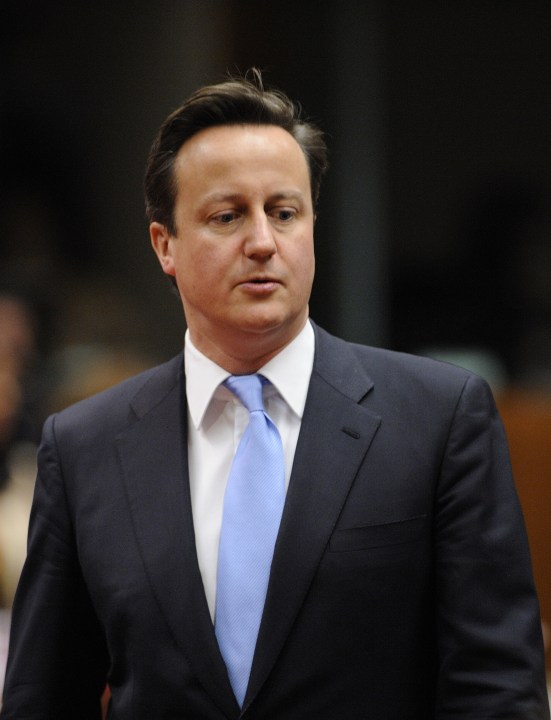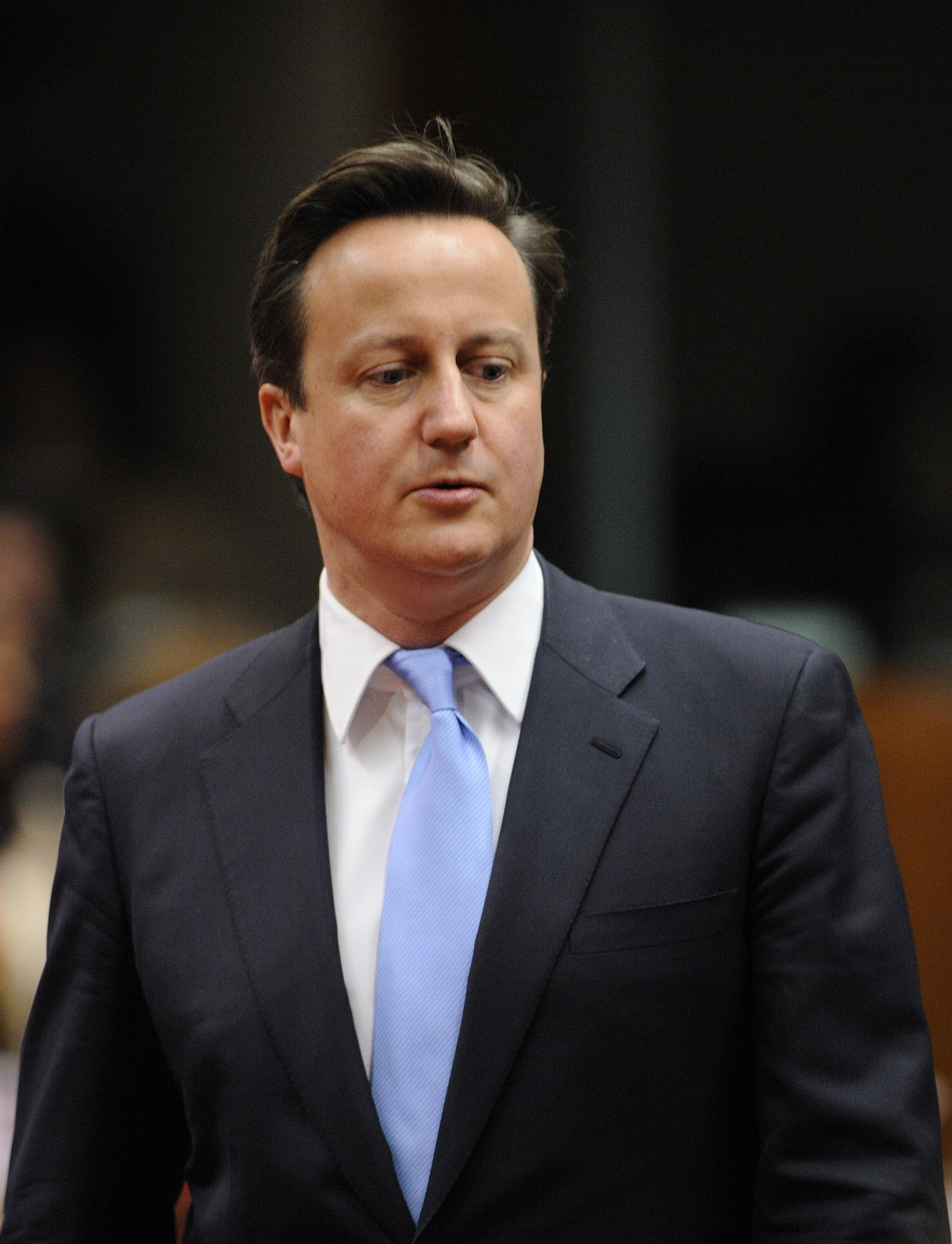 It is hard not to see the results of last night’s European meeting as the first
step towards a fundamentally different — and much looser — relationship between Britain and the EU. The UK, which for centuries has fought to keep any one power from dominating the
continent, and for decades has sought to prevent a two-speed Europe from emerging, is now going to have to accept both. It also seems that it will have to protect itself from some form of
fiscally-shaped missile against the City.
It is hard not to see the results of last night’s European meeting as the first
step towards a fundamentally different — and much looser — relationship between Britain and the EU. The UK, which for centuries has fought to keep any one power from dominating the
continent, and for decades has sought to prevent a two-speed Europe from emerging, is now going to have to accept both. It also seems that it will have to protect itself from some form of
fiscally-shaped missile against the City.
The irony is that the PM did not apparently push for any UK-only protection of the City, but a broader protocol such as the one championed here — which Nicolas Sarkozy and Angela Merkel then
rejected. Even more ironically, in pushing against Britain, France violated a compromise it secured in 1966 called the Luxembourg Accords, which was an informal agreement stating that when a
decision was subjected to qualified majority voting, the commission would postpone a decision if any member states felt that very important interests were under threat. The City is clearly such a
case.
Could Britain have avoided this scenario? The fact that we have been perceived as a nuisance helped to erode the goodwill needed to overcome President Sarkozy’s desire to sideline the UK. And
the government could have been more conciliatory over some smaller measures, in order to store up credit for the most important issues.
Take the European Defence Agency budget, which Britain fought tooth and nail to ensure did not increase by a minor percentage, creating a lot of bad blood in the process. Looking back, was that
wise, even if the increase was unwarranted? George Osborne’s comment comparing France and Greece did not help either. Nor did the sense, often broadcast from London, that Britain wants all
the good things about the single market and none of the downsides. However, would being more cooperative on these other issues have made Germany resist France’s strategy? It is unclear.
Chancellor Merkel was clearly in a hurry and must have worried that giving in to any demands, however small, would present a dangerous delay to authorising ECB intervention. But as British
officials zip back on the Eurostar, this question must be running through their minds.
In the end, the Merkozy plan may or may not save the Euro. After months of poor crisis management, investors seem to have lost trust in the eurozone. They have even begun pricing in the idea that
the Euro could fail. If it does, the British position last night will be seen as less momentous than it currently appears. But it still feels quite historic this afternoon.
Daniel Korski
What could Cameron have done differently?







Comments